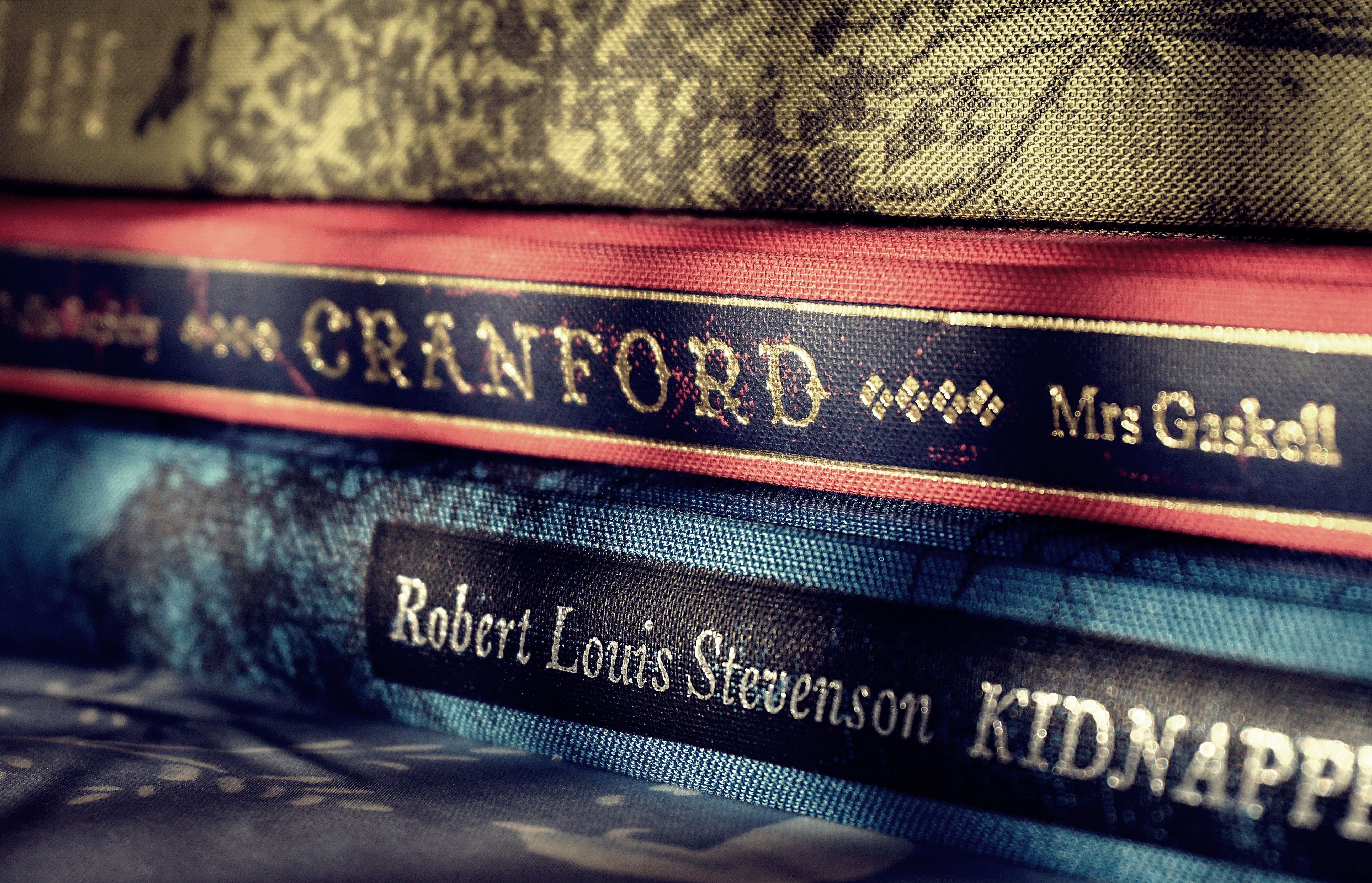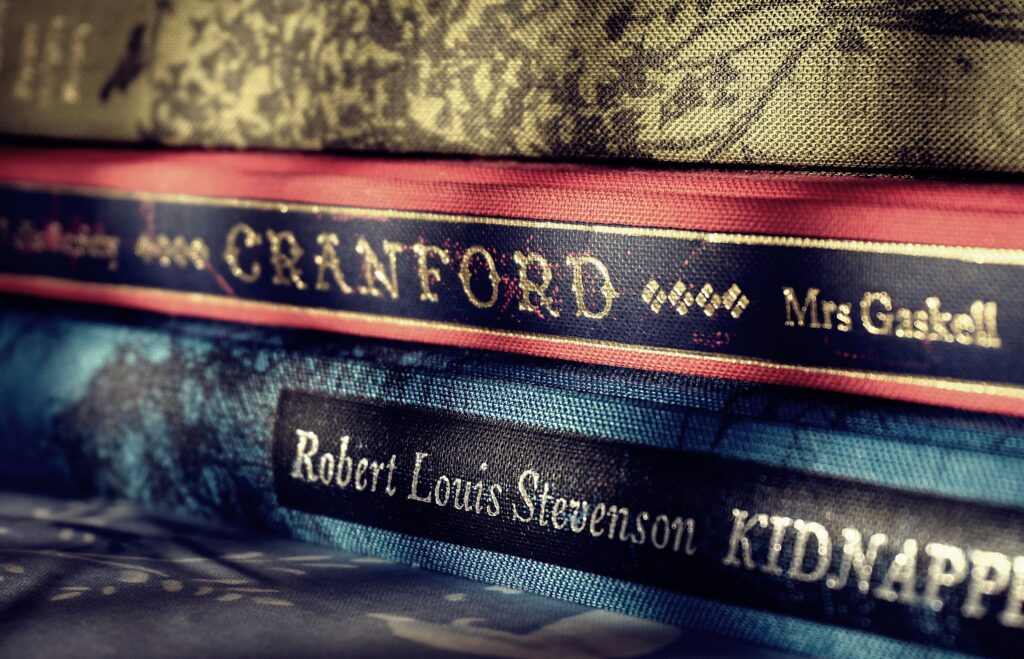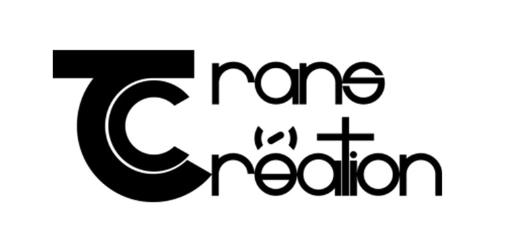CFP: “Adapting the Victorians”
CFP "Adapting the Victorians"
Special Issue of South Atlantic Review
Victorian literature in adaptation is a mix of “high” and “low” culture: filmmakers like Kenneth Branagh or Francis Ford Coppola might adapt the canonical literature of Mary Shelley or Bram Stoker into prestige films, while the same stories are remixed in comic books and parodied in TikToks.
The world of prequels, sequels, reboots, remixes, mash-ups, and franchises would have been very familiar to Victorian authors who were themselves familiar with a complex, thriving world of adaptation in the theater, illustration, and beyond. According to Kamilla Elliott, “British Victorian novels and novellas have been more frequently adapted to film than any other body of literature, including Shakespearean plays (and Shakespeare is the only author from his period to be so frequently adapted” (Rethinking the Novel/Film Debate 3). Why is Victorian literature so broadly adapted, not just to film but to a diverse range of media? What does this phenomenon tell us about adaptation, (perceptions of) Victorian culture, and the practice of storytelling?
The Adapting the Victorians special issue of South Atlantic Review will explore why Victorian literature is so highly adapted and what significance this has: on culture generally and on our understanding of Victorian literature specifically.
Some possible topics might include (but are not limited to):
- The Victorians acting as or in tandem with adapters (e.g. Charles Dickens and stage adaptation, Dante Gabriel Rossetti as adapter of his own art/poetry);
- Adaptations of “canonical” authors (e.g. Dickens, Austen, Shelley, etc.) for popular or unexpected audiences (e.g. A Muppet Christmas Carol film (1992), The Lizzie Bennett Diaries YouTube series (2012-2013), the graphic novel Destroyer by Victor LaValle (2017));
- Examination of how narratives (or particular elements of a narrative) have changed over time from the Victorian period to today;
- Adaptation of Victorian literature in media beyond film: comic books/graphic novels, music, illustration, video games, YouTube, TikTok, Twitter, board games, etc;
- The use of adaptations in teaching Victorian literature and/or history;
- The prominence of Victorian literature in prestige and/or early cinema;
- Victorian social values in adaptation (e.g. the idea of the “repressed” Victorian in adaptation, interpretations of colonization in adaptation);
- Adaptation as a way of exploring race, colonization, gender/sexuality;
- Neo-Victorian fiction as adaptations/storytelling about a historical period;
- Analysis of narratives that might be exemplary for thinking about Victorian adaptation.
Please send your abstract (250-300 words) and a short biographical note (50 words) to Kristen Figgins (kfiggins@uark.edu) by 1 December 2022.
Full papers (6,000-9,000 words) will be due 15 April 2023.
The South Atlantic Review is a quarterly peer-reviewed academic journal published by the South Atlantic Modern Language Association. It was established in 1935 and publishes articles and reviews in the fields of language and literature.




